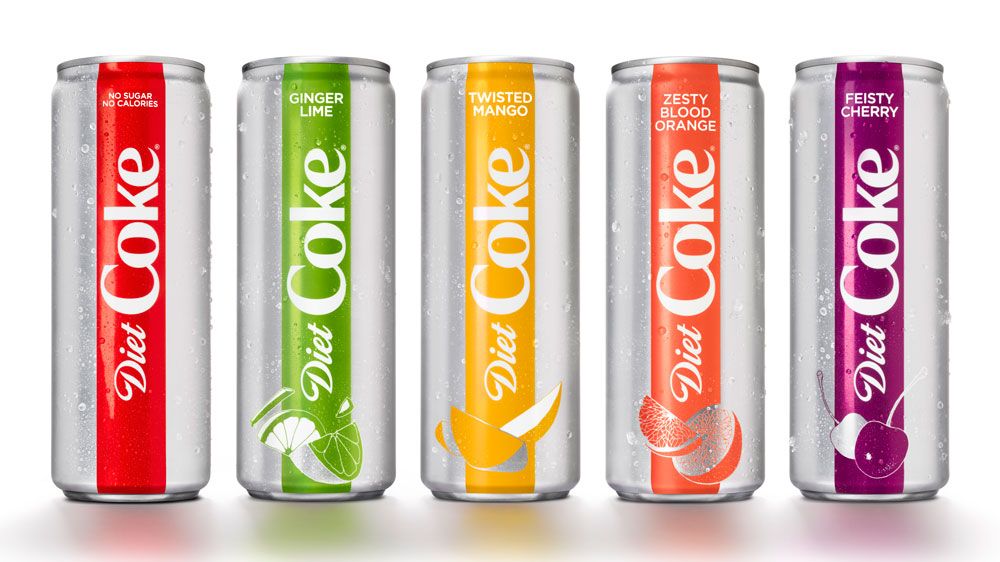ORLANDO, Fla. -- Coca-Cola has raised prices on products in the United States market because of several factors, including the recently-levied tariffs from Canada, Mexico and the European Union.
- Coca-Cola raised product prices in the United States
- Metals tariffs, freight and labor among reasons
- Up to retailers whether to pass costs to consumers
Coca-Cola confirmed to Spectrum News Thursday that it did raise prices because of tariffs on metals in the middle of the year, which is unusual. Prices were raised on customers, i.e. retailers, wholesales, etc.
Freight and labor costs also factored into the decision.
A company spokesperson says it's then up to customers whether to pass that price increase onto consumers.
The company will not comment on specific price increases, saying they vary by channel and customer.
Coca-Cola's CEO James Quincy did talk a bit about the cost issues that factored in the decision on CNBC Wednesday.
"We had to take, with our bottling partners, an increase on our sparkling beverage industry in the middle of the year, which is relatively uncommon, and that's the freight, the metals, the steel, the aluminum going up, the labor going up," Quincey said. "So there is cost pressure. We're having to pass that through into the marketplace."
"We’re not perhaps the most affected sector, but it’s out there and we have had to take the price increase," Quincey said.
Coca-Cola did post better-than-expected second quarter earnings and revenue, as it continues to grow itself as a "total beverage company," encompassing soda, water, juices, teas, dairy and more.



